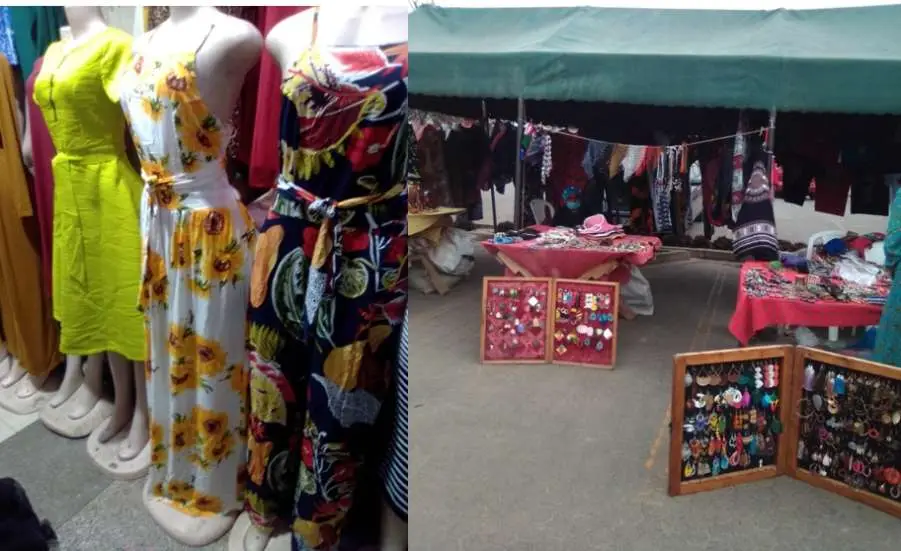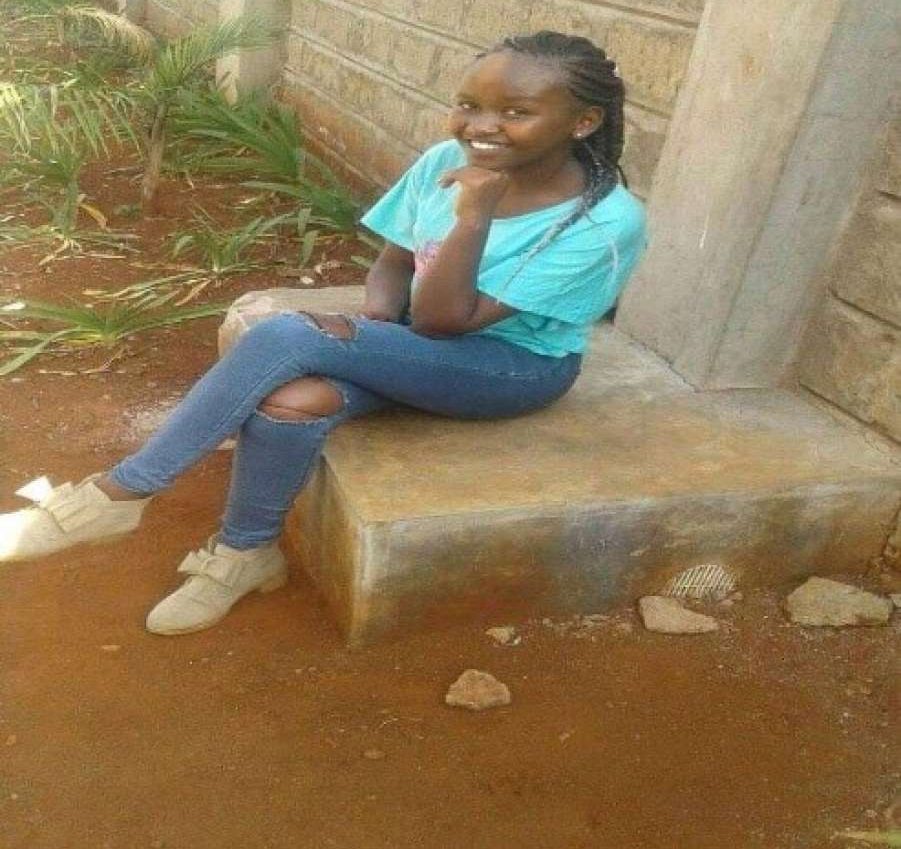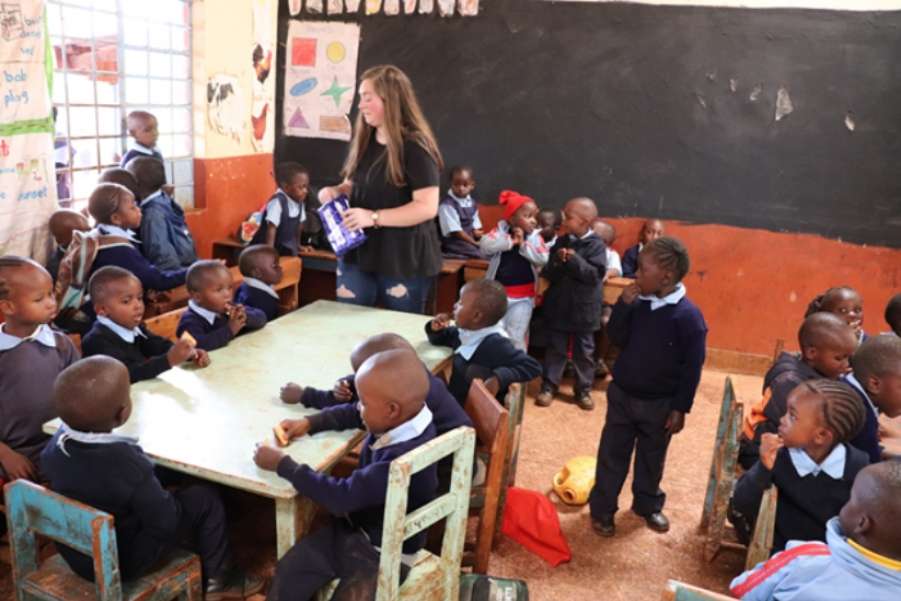
Fiona M* is widowed and a mother to 3 sons living in Kayole in Nairobi. She and her 10-year-old last-born son are HIV positive, which she discovered during a visit to antenatal clinic around the time of his birth.
Upon finding out her status, Fiona became severely depressed. She sought the help of a social worker, and was introduced to the staff at HOPE worldwide Kenya, MWENDO office in Kayole. Through MWENDO, she was able to meet and join a support group of other people living with HIV and go for counselling sessions, which allowed her to have a different outlook on her situation.
“I saw other infected people and realized having HIV was not the end of the world. It helped me face life more positively.” Fiona says. She was able to find peace of mind with the help of her support group, which brought much needed happiness and physical wellbeing to her life.
Alongside the psychosocial support, MWENDO also supported Fiona financially. The project provided a business grant of Kes 36,000 as a startup kit for her boutique business. She was also introduced to a table-banking group where she was able to save and access a loan to boost her business. MWENDO helped support her with food, school fees, and health insurance (NHIF), which she is immensely grateful for. “MWENDO is the best thing that has ever happened to me”, she says.
Fiona is now a living example to others, and contributes to the MWENDO project by mentoring caregivers who are living with HIV. She says that she has now become so strong that people don’t believe she is HIV positive.
When asked what she wishes for in her future, she says she wants a healthy life for her and her children, as well as success in all her endeavors. She also wishes everyone with HIV could be positive about their situation.
*Not her real name
*MWENDO Project is a USAID-funded project through sub-grant from Catholic Relief Services that supports Orphans and Vulnerable Children (OVC) to address the social determinants of health to improve the well-being of children orphaned and made vulnerable by HIV/AIDS.


